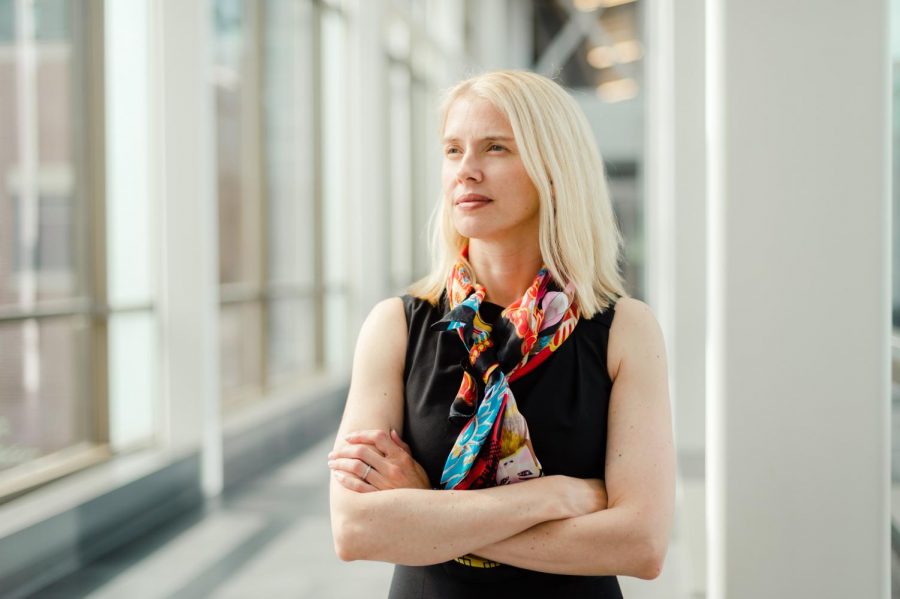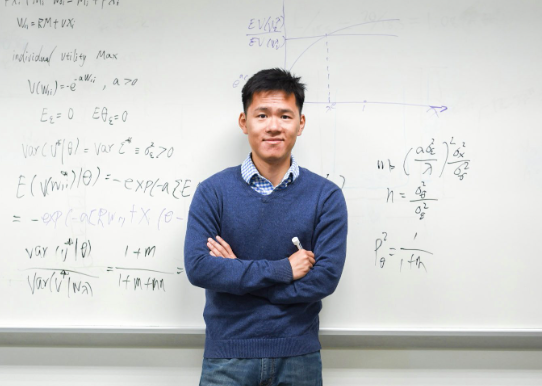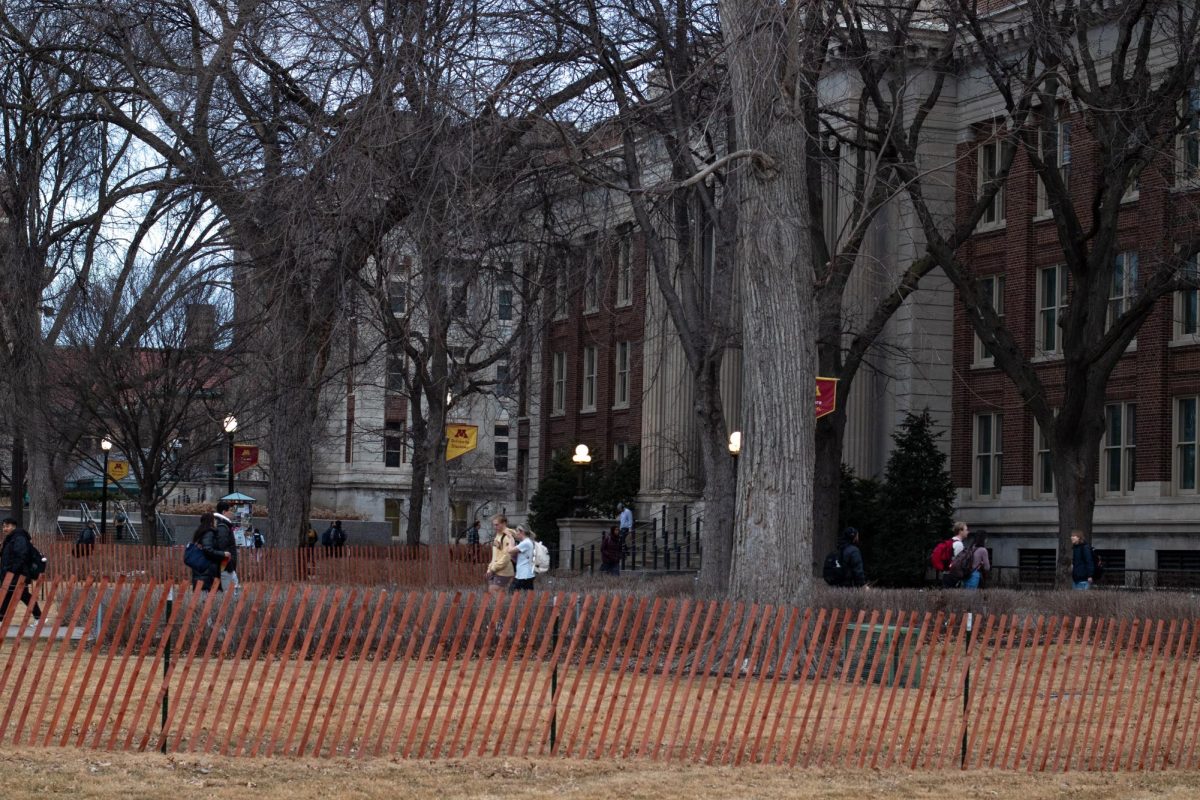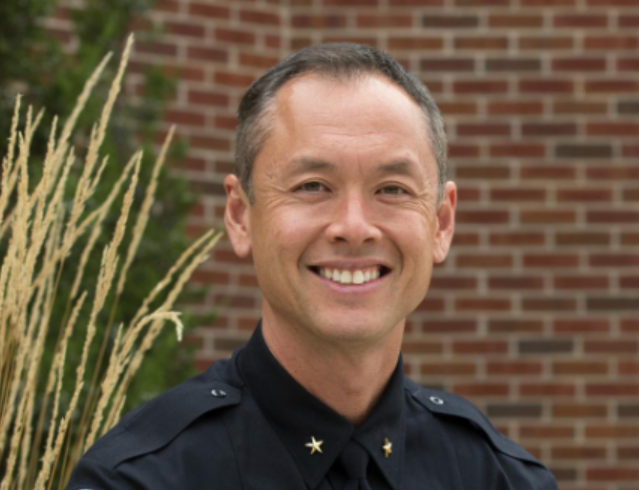As complicated as a jigsaw puzzle, University Senate governance plays an important role in the University of Minnesota’s functioning, including representing groups of faculty, staff and students and advising senior leadership.
However, many members of the University may be unaware of these committees representing their voices when important decisions are made. One of these seemingly underground, yet highly significant, committees is the Faculty Consultative Committee (FCC), which represents faculty across University campuses systemwide.
“A lot of people don’t know about the Faculty Consultative Committee specifically,” said Ned Patterson, FCC chair and University professor of veterinary medicine and genetics. “They [may] know vaguely about the University Senate, [but] unless you’re in the middle of it or involved with an issue, not everybody knows.”
Patterson officially transitioned into the FCC chair position Thursday — a role he will hold for the next year.
Born in Colorado, Patterson moved to Minnesota when he was six years old and has resided here for most of his life, he said. He attended the University’s College of Veterinary Medicine, received a doctorate degree and is now a practicing veterinarian and professor.
“I’ve been working for the U in one way or another since 1996, so 25 years,” Patterson said. “Started as a student in ’92 and haven’t left. I really liked it.”
Patterson’s participation in University committees began prior to his appointment as FCC chair. He was a member of several committees while at the veterinary school, which led to his appointment on the Health Sciences Faculty Consultative Committee (HS FCC), he said.
Serving on this committee allowed him to become a member of the FCC for two years. After this, Patterson was elected to a three-year term as an FCC member and served one year as the committee’s vice chair before being elected as chair this year.
“So that’s where I first really knew about the FCC,” Patterson said. “I started hearing about it when I got on that committee [the HS FCC].”
Similarly, Colleen Flaherty Manchester, FCC vice chair and University work and organizations associate professor, was not aware of the FCC until she became involved when the University announced in 2018 it was going to close the childcare center on campus.
“That’s when I first learned about the FCC because I went to the FCC to advocate for keeping the center open and expanding,” Manchester said. “I realized it was a group that could mobilize around issues that were really important to faculty. I saw how impactful it could be.”
Previously, Manchester served as a member of the Women’s Faculty Cabinet and just finished her first three-year term as an elected FCC member, during which she was elected as vice chair for the 2021-22 term.
For the upcoming year, Patterson, Manchester and the other FCC members plan to prioritize continuing diversity, equity and inclusion efforts within the University, which includes integrating social justice themes into every classroom, Patterson said.
Additionally, the FCC wants to increase faculty accountability in relation to sexual misconduct and promote a positive, respectful culture, Patterson said.
Another concern is improving two-way communication between the University community and the FCC, and thinking about how to effectively communicate with the rest of the faculty about issues, Manchester said.
“[This means] making sure faculty know who to contact if they have a concern or issue,” she said.
The FCC is a consultative body to University President Joan Gabel, Manchester said. It creates advisory resolutions for the president around faculty issues and concerns, and has limited decision-making powers. The committee can make recommendations when appropriate.
The FCC consists of approximately 20 members, all of whom are professors, associate professors or assistant professors. Currently, there are 12 elected members and 10 nonelected members.
The committee also represents faculty at large in the University system and is only designed to address issues that affect more than one college, Patterson said. If a concern affects only one college, the responsibility goes to the dean or department head.
“We’re not meant to get into the internal affairs of a college,” Patterson said. ”But for any issue that affects more than one college, we are supposed to represent all of those groups, so they can always come to us.”
This knowledge of the FCC, what it does and how it fits into the University, is important to know because it helps facilitate and strengthen shared governance, Patterson and Manchester said.
“The idea of shared governance is really important … so leadership can understand the consequences of its decisions as well as share its rationale,” Manchester said. “It’s important for an institution to function well to have input from its constituencies and for those constituents to have a voice that matters.”



















